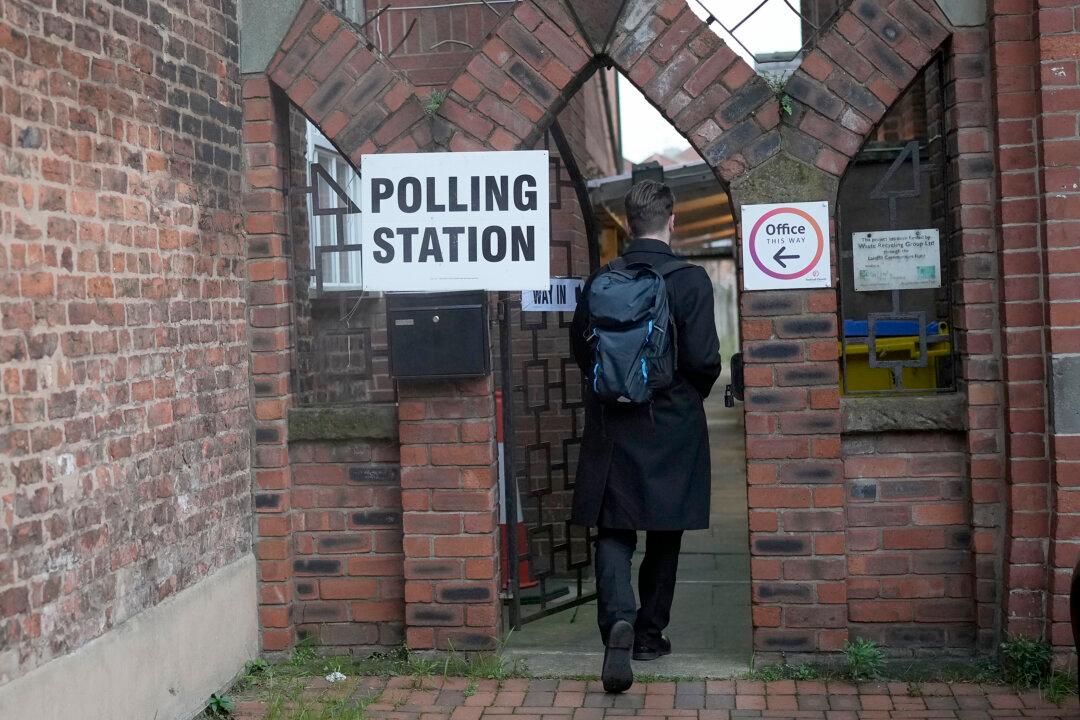Almost a quarter of British voters still do not know that they will need photo ID to vote in the local elections on May 4, the Electoral Commission said.
Under the Elections Bill passed in April 2022, it is now mandatory for voters to show photographic ID across polling booths in Great Britain, meaning the UK’s electoral regulation has been brought in line with the common practice in most European countries.





